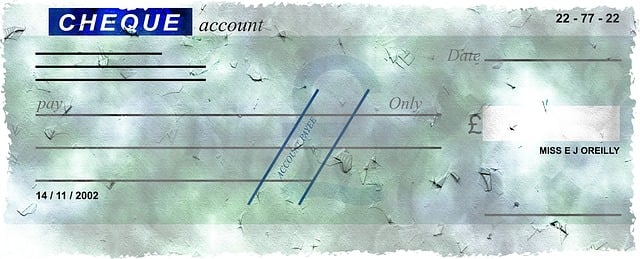Rental history checks are essential for landlords to assess tenant reliability. Positive histories indicate responsible tenants, while negative ones may raise concerns. Accuracy and transparency in applications improve approval chances. Understanding check results, integrating them with other info, aids in informed tenant selection.
Rental applications often include rental history checks, which can significantly impact approval outcomes. This article delves into the critical role these checks play in landlords’ decision-making processes. We’ll explore common mistakes applicants make during these verifications and provide strategies to prepare your application for approval. Additionally, we’ll guide you on understanding check results and the next steps, ensuring a smooth rental journey.
- The Role of Rental History Checks in Decision Making
- Common Mistakes Applicants Make During Checks
- Preparing Your Rental Application for Approval
- Understanding Check Results and Next Steps
The Role of Rental History Checks in Decision Making

Rental history checks play a pivotal role in decision-making processes for landlords and property managers. These thorough evaluations provide insights into a prospective tenant’s past residency, including payment history, length of stay, and any reported issues or damages. By examining rental history, landlords can assess the reliability and responsibility of potential tenants, which is crucial for predicting future behavior and minimizing risks.
In many cases, a consistent and positive rental history demonstrates that an individual is a responsible tenant who meets their financial obligations on time. Conversely, gaps in employment or rental records, as well as instances of late payments or damage to previous properties, may raise red flags. Landlords use these checks to ensure they select tenants who are likely to maintain the property, respect lease agreements, and foster a harmonious living environment for all residents.
Common Mistakes Applicants Make During Checks

Many applicants often make mistakes during rental history checks, which can significantly impact their application outcomes. One common error is providing false or misleading information on their rental applications. Landlords typically verify the details through cross-referencing with previous landlords or property managers, so any discrepancy may raise red flags.
Another frequent oversight is failing to maintain a consistent and positive rental history. Gaps in employment or rental records can be concerning for landlords. It’s essential to ensure regular payments, on-time rent submissions, and good communication with previous landlords to present a solid rental history check. Additionally, applicants should be prepared to explain any negative items on their report, such as late payments or evictions, by providing context and demonstrating responsible behavior since then.
Preparing Your Rental Application for Approval

Preparing your rental application for approval involves presenting a clear and positive picture of your financial and personal history. One crucial aspect is demonstrating a stable rental history through checks. These checks, often conducted by potential landlords, scrutinize your past and current residency, providing insights into your reliability as a tenant.
By ensuring your rental history checks are accurate and up-to-date, you increase your chances of approval. This includes verifying that all addresses listed on your application are correct and that any gaps in your rental record are explained. A well-prepared application showcases responsible tenancy, making it easier for landlords to trust you with their property.
Understanding Check Results and Next Steps

Understanding Check Results and Next Steps
After conducting rental history checks, it’s crucial to interpret the results accurately. These checks provide a comprehensive overview of a potential tenant’s past residency, including payment history, evictions, and outstanding debts. A clean record generally indicates reliability and responsible behavior, enhancing the applicant’s chances of securing a lease. Conversely, discrepancies may prompt landlords to request further clarification or consider alternative options.
The next steps typically involve a thorough review of the application, combining check outcomes with other relevant information. Landlords might reach out to previous landlords for additional verification or conduct reference checks with friends and family members listed on the application. This multi-faceted approach ensures informed decision-making in selecting the most suitable tenant for the property.
